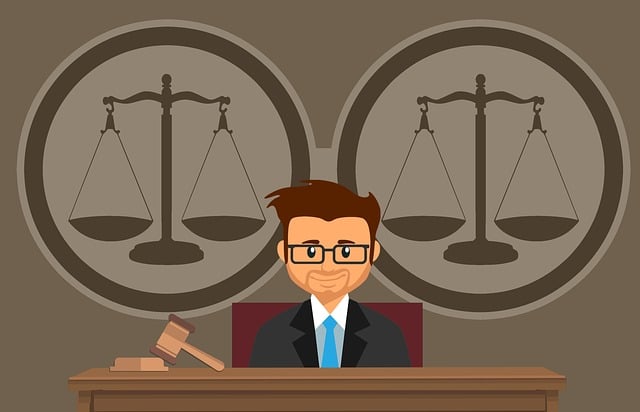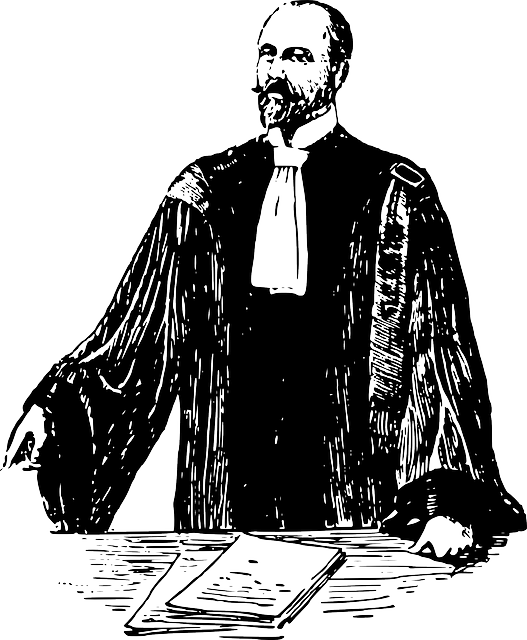Choosing a commitment lawyer involves selecting experts in mental health and addiction law with proven experience. Focus on attorneys specializing in these fields, reviewing their cases, publications, and affiliations. Prioritize open communication, empathy, and assertiveness. Evaluate legal success through case studies and testimonials. Review client feedback and Bar Association memberships for ethical practices. Follow these commitment lawyer selection tips for informed decision-making.
Selecting a commitment lawyer is a crucial step in navigating complex civil commitment proceedings. This guide offers essential tips for finding robust representation. First, understand the intricacies of civil commitment. Next, identify attorneys specializing in this area. Assess their communication style and approach to ensure alignment with your needs. Review legal experience and success records, client testimonials, and feedback. Lastly, verify ethical standards and bar associations approval. Following these tips, you can select a competent and trustworthy commitment lawyer.
- Understanding Civil Commitment Proceedings
- Identifying Areas of Expertise
- Evaluating Communication and Approach
- Checking Legal Experience and Success Records
- Reviewing Client Testimonials and Feedback
- Ensuring Ethical Standards and Bar Associations Approval
Understanding Civil Commitment Proceedings

Civil commitment proceedings involve a legal process where an individual is confined or restricted against their will for reasons related to mental health or addiction issues. This is a complex area of law that requires specialized knowledge and experience. If you or someone you know is facing civil commitment, it’s crucial to understand the nature of these proceedings. The first step is to gather information about the specific laws in your jurisdiction, as civil commitment rules vary from place to place.
When considering a commitment lawyer selection tips, it’s essential to find an attorney who has extensive experience in navigating these intricate legal processes. Look for a lawyer who specializes in mental health law or addiction law, as they will be better equipped to advocate for your rights and ensure fair treatment throughout the civil commitment process. Understanding the procedures, available defenses, and potential outcomes is key to making informed decisions regarding your representation.
Identifying Areas of Expertise

When selecting a civil commitment representation, one crucial aspect is identifying areas of expertise. This process involves researching and understanding the legal specialist’s proficiency in various aspects of commitment law. A commitment lawyer should have deep knowledge of mental health laws, procedures, and rights to ensure effective advocacy for your case.
Look for attorneys who specifically mention their experience with civil commitments in their profiles or websites. Check for cases they’ve handled, legal publications they’ve contributed to, or affiliations with mental health organizations. These indicators showcase their commitment to this field, enabling you to make an informed decision based on their expertise and understanding of the complexities involved.
Evaluating Communication and Approach

When evaluating potential civil commitment representation, communication and approach are key factors. It’s essential to find a lawyer who can effectively listen to your concerns and explain legal complexities in a clear, compassionate manner. You should feel comfortable voicing your questions and not pressured into decisions. The best lawyers will take the time to understand your unique situation and offer tailored guidance, ensuring you’re actively involved in the process.
In terms of approach, look for a commitment lawyer who balances assertiveness with empathy. They should be adept at navigating legal procedures while advocating fiercely for your rights and well-being. This combination enables them to effectively represent you in court and foster open communication throughout the civil commitment process.
Checking Legal Experience and Success Records

When searching for a civil commitment lawyer, one crucial aspect is evaluating their legal experience and track record of success. It’s essential to understand that commitment law can be complex, and the attorney should have a proven history in handling similar cases. Check their website or portfolio to assess the types of cases they’ve taken on and the outcomes achieved. Look for attorneys who specialize in civil commitment, as they will have a deeper understanding of the legal nuances involved.
Reputable lawyers often provide case studies or testimonials, which can offer valuable insights into their expertise. Reviewing these success stories will give you an idea of their approach, negotiation skills, and courtroom performance. Additionally, don’t hesitate to inquire about their experience with specific types of civil commitment cases relevant to your situation, ensuring you find representation well-versed in your unique needs.
Reviewing Client Testimonials and Feedback

When considering a commitment lawyer, reviewing client testimonials and feedback is an invaluable step in your search for the right representation. These real-life accounts offer insights into the attorney’s capabilities, communication style, and overall client satisfaction. Look for consistent praise regarding their knowledge of the law, dedication to their clients’ cases, and responsiveness to inquiries.
Client feedback can also highlight areas of concern or potential red flags. Pay attention to any repeated complaints about delays, a lack of communication, or poor case outcomes. These warnings signs might indicate issues with the lawyer’s practice that you should consider before making your selection.
Ensuring Ethical Standards and Bar Associations Approval

When selecting a civil commitment representation, it’s paramount to ensure ethical standards are maintained. Look for lawyers who adhere to strict professional codes of conduct and are approved by their respective Bar Associations. This assurance guarantees they operate within legal boundaries and have undergone rigorous evaluations. Engaging the services of an attorney who meets these criteria safeguards your rights and ensures a fair process throughout.
The commitment lawyer selection tips include verifying their ethical practices, checking client reviews, and assessing their experience in civil commitments. Reputable lawyers will openly discuss their methods and provide transparent information about fees and potential outcomes. This level of integrity is crucial for navigating the complexities of civil commitment cases effectively.














